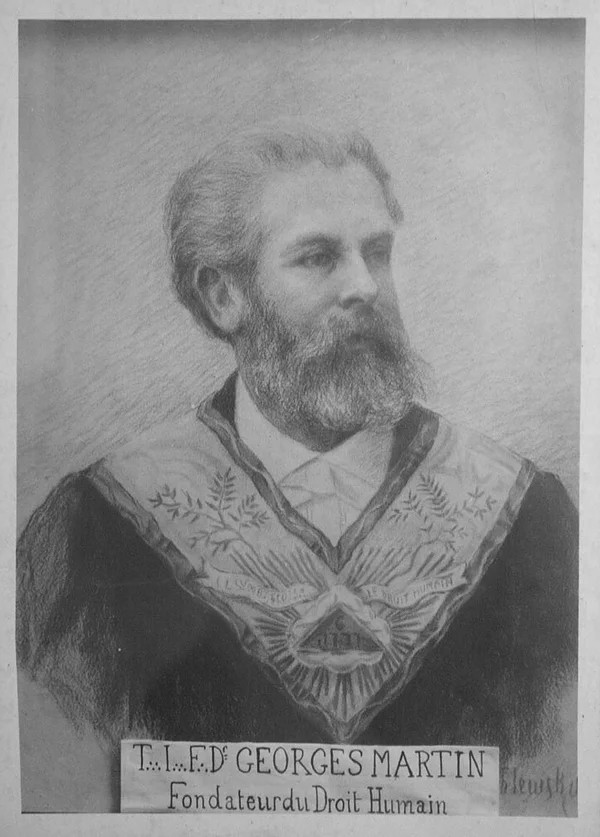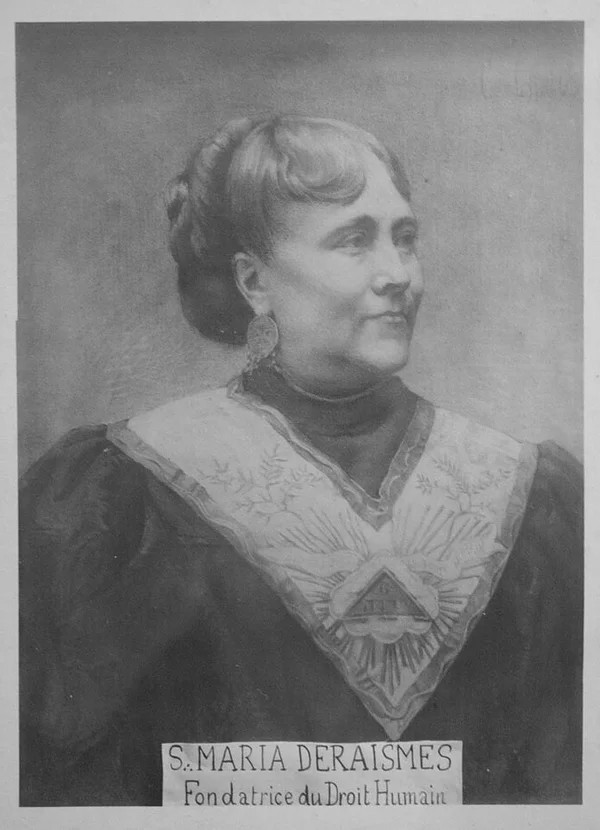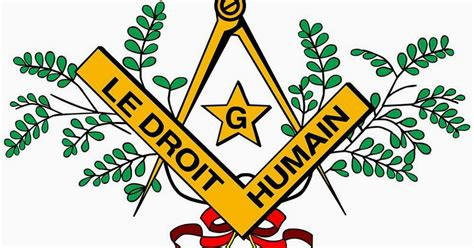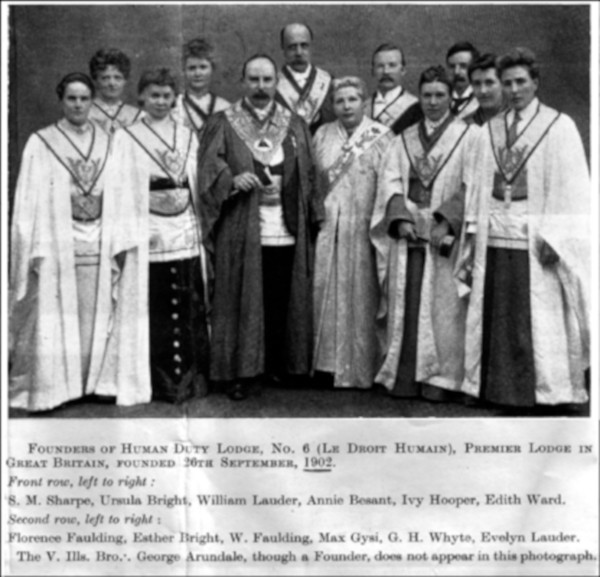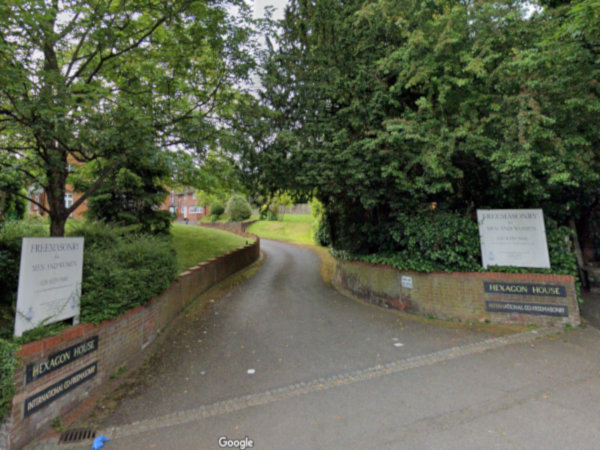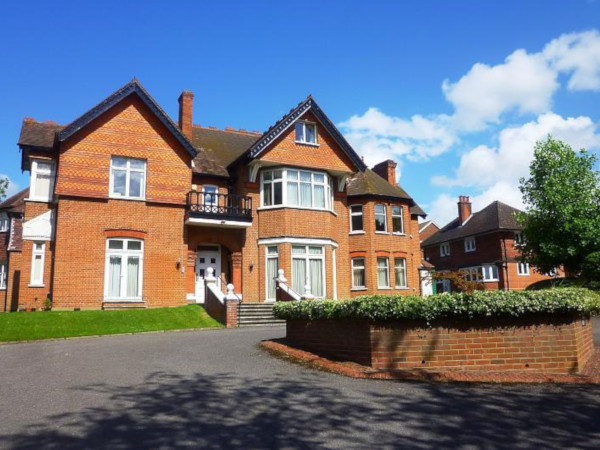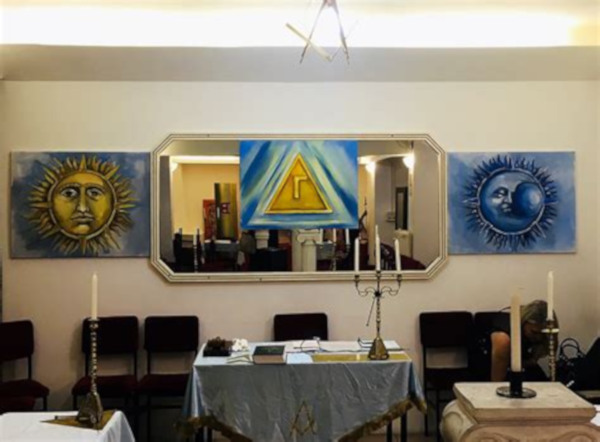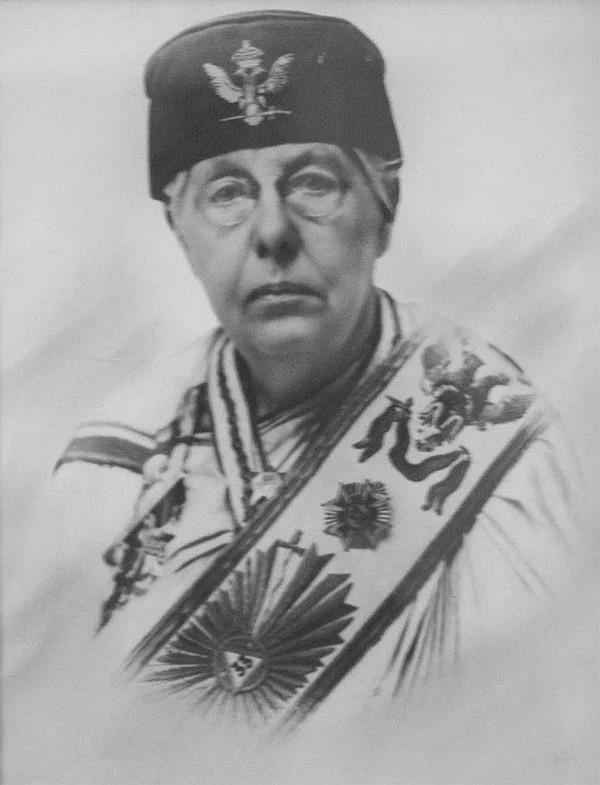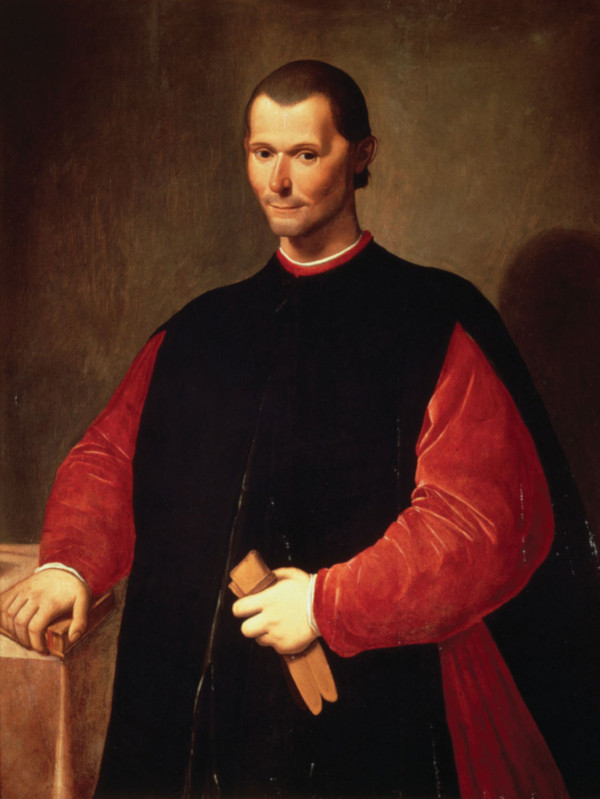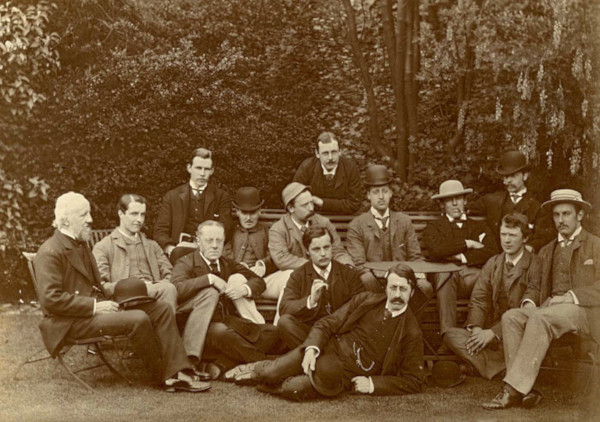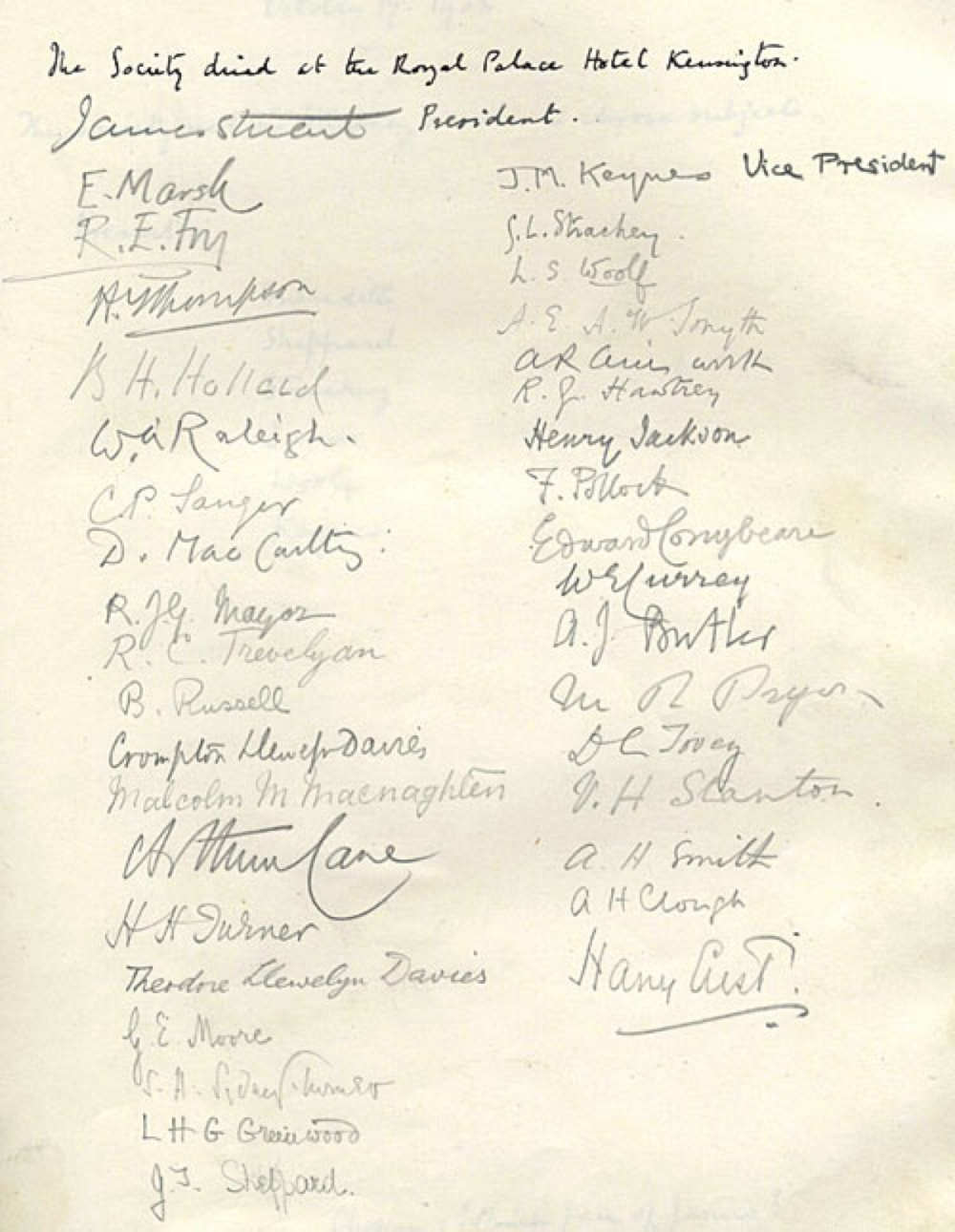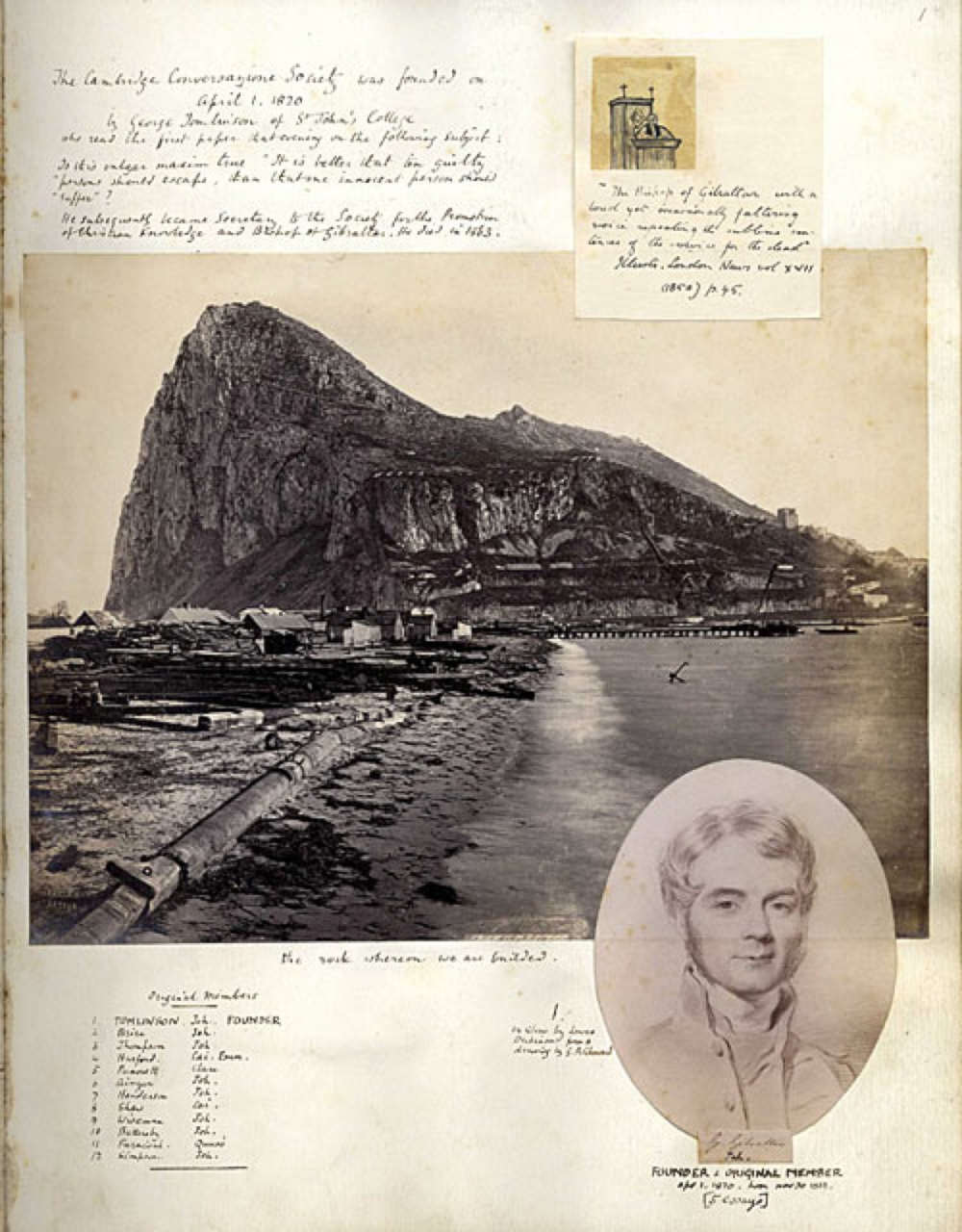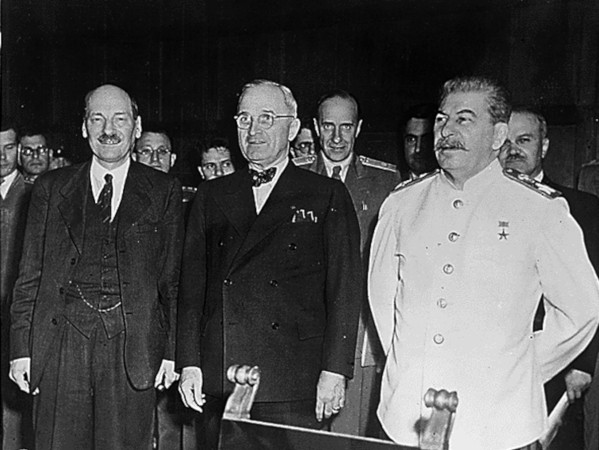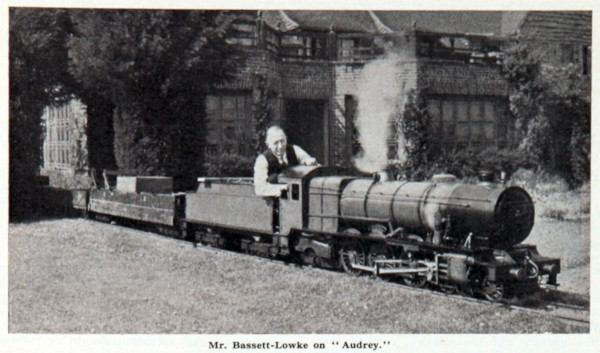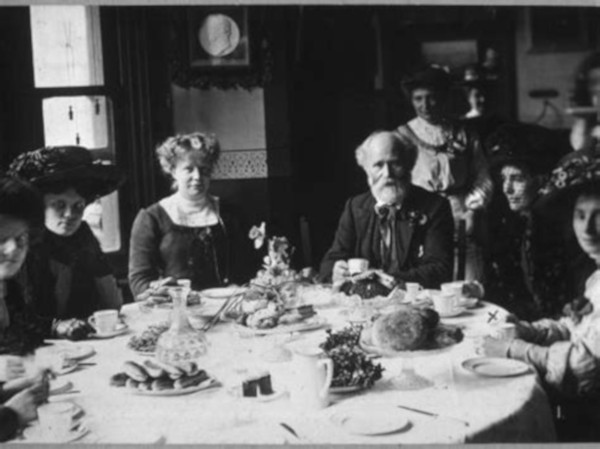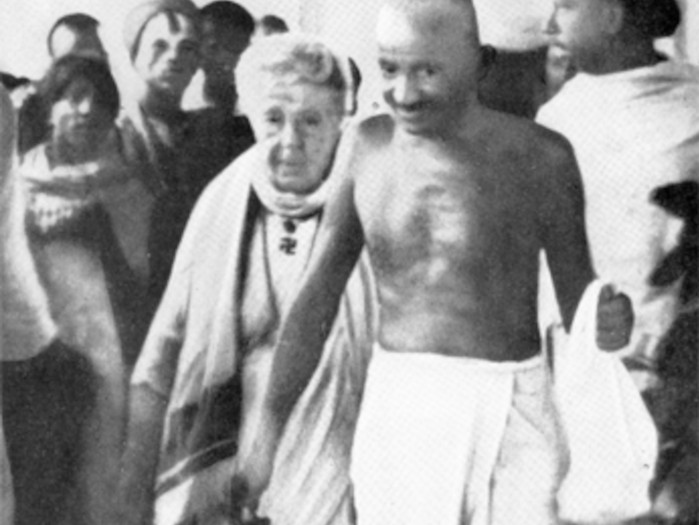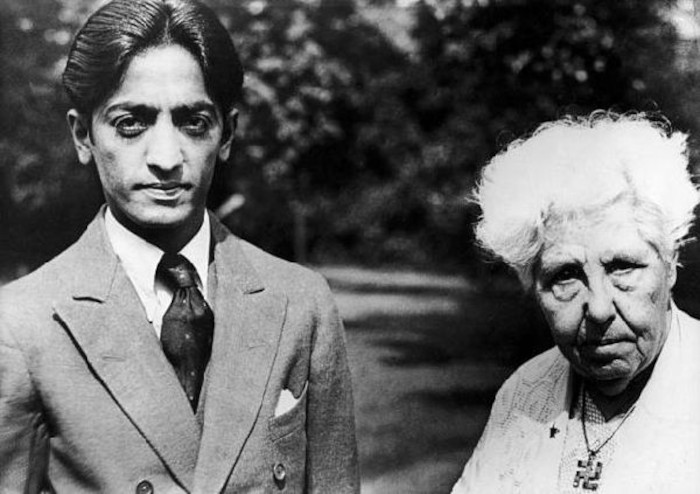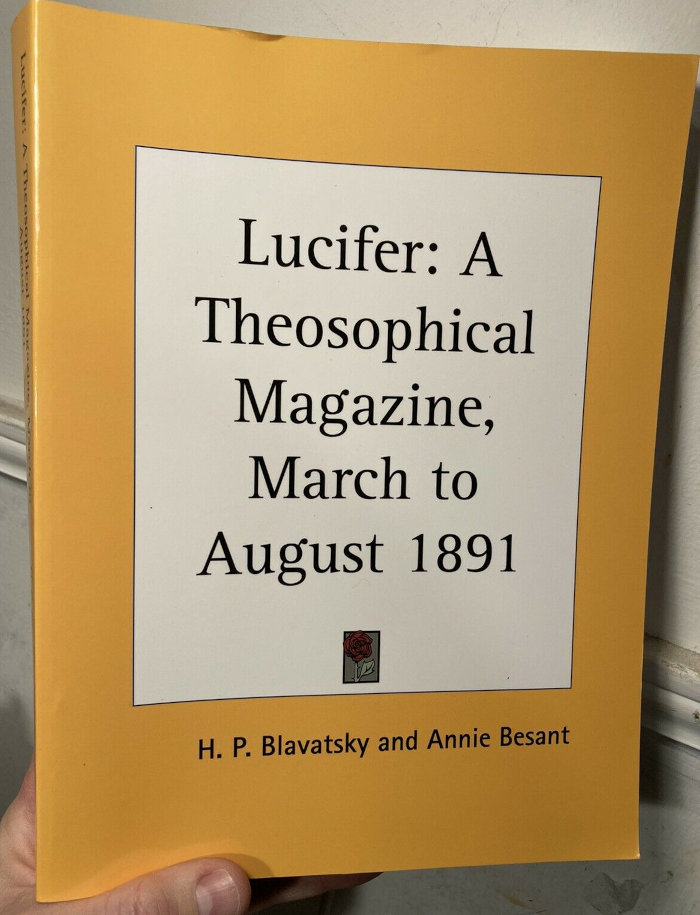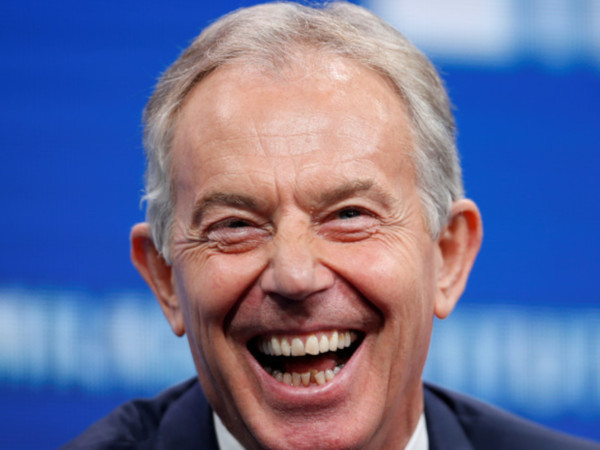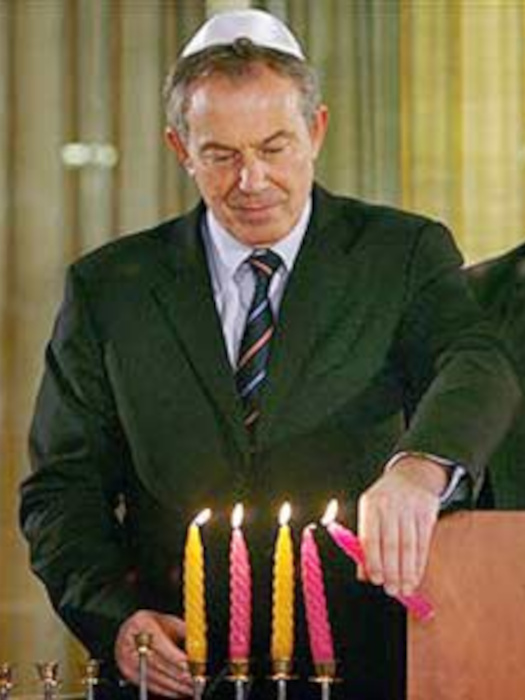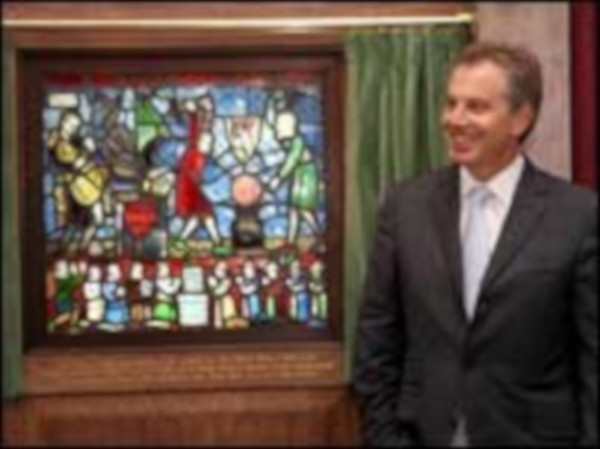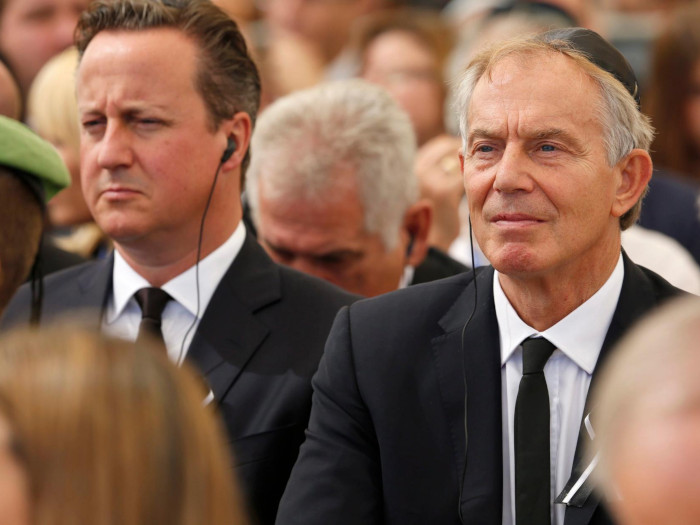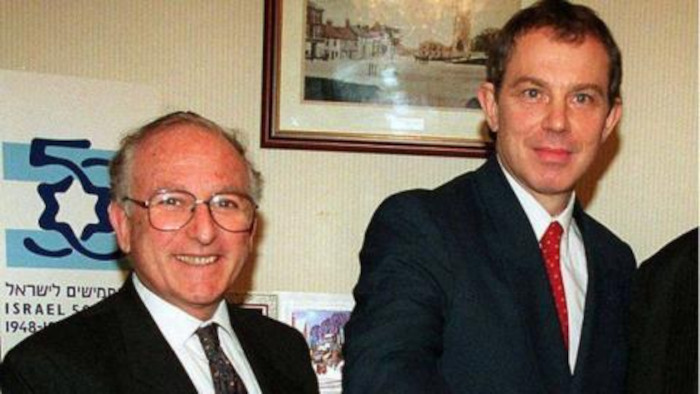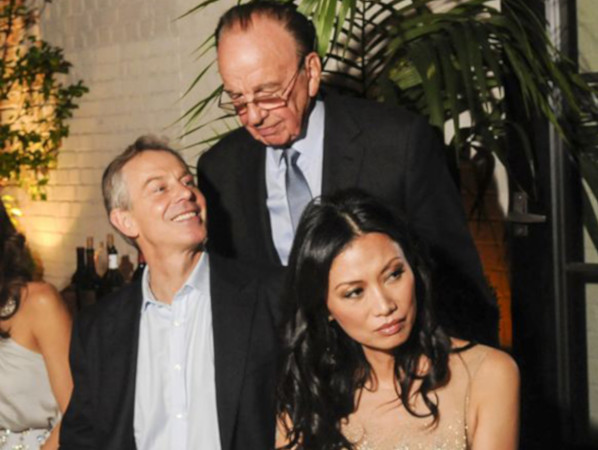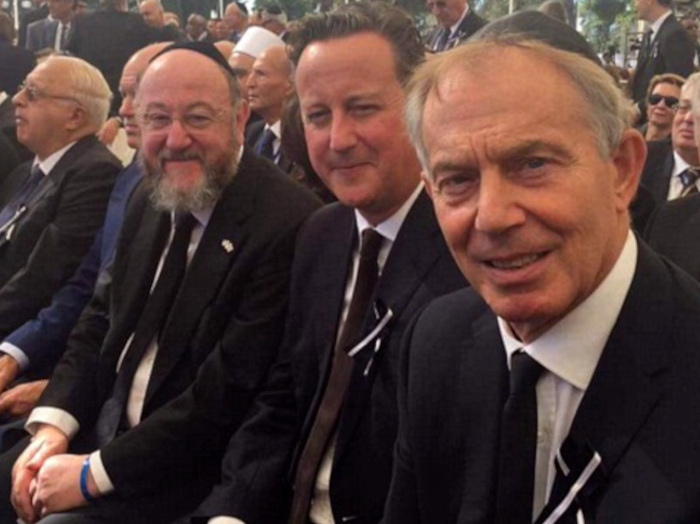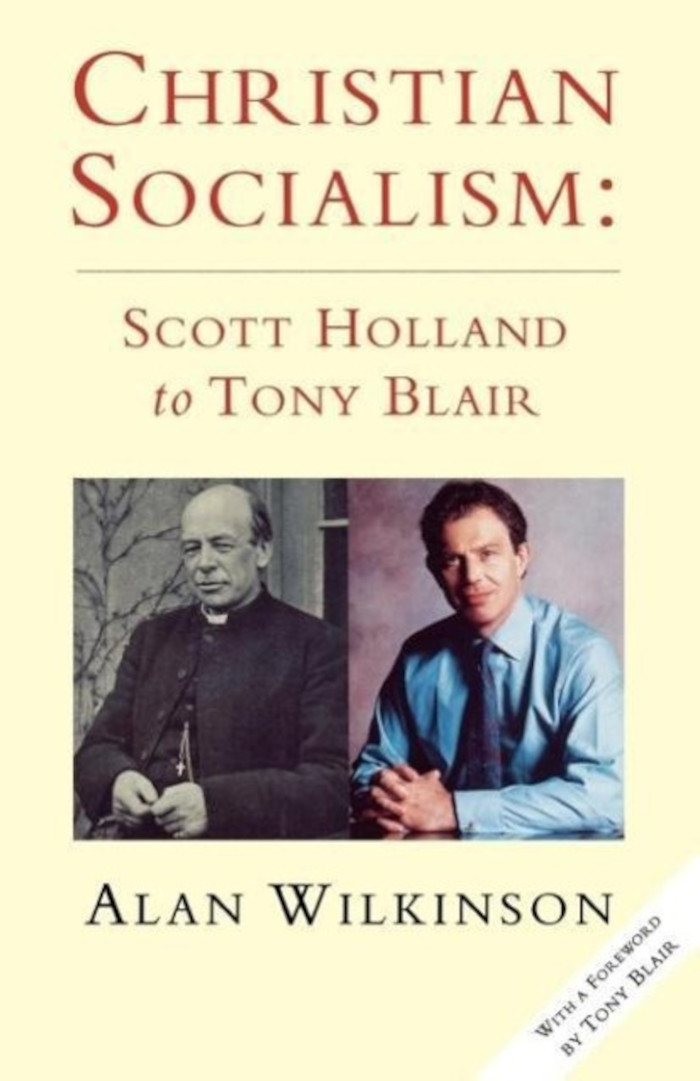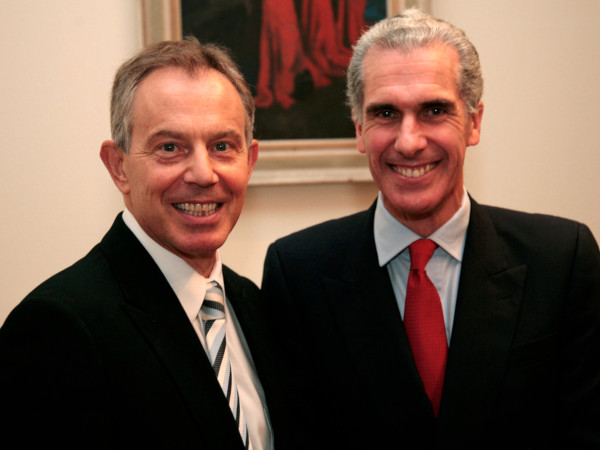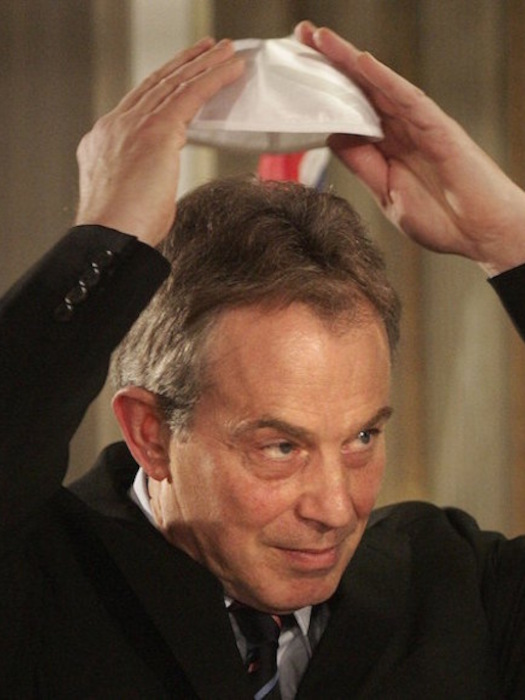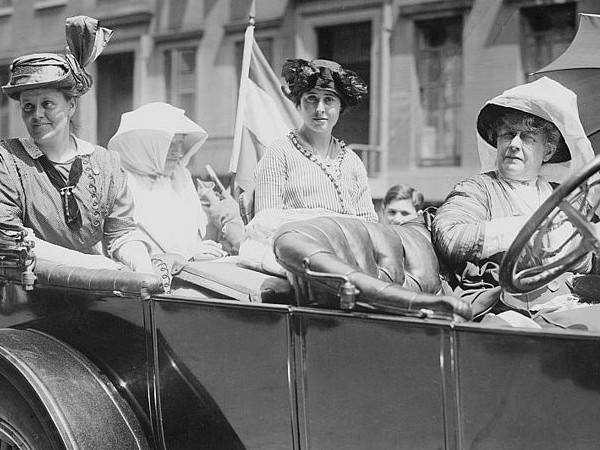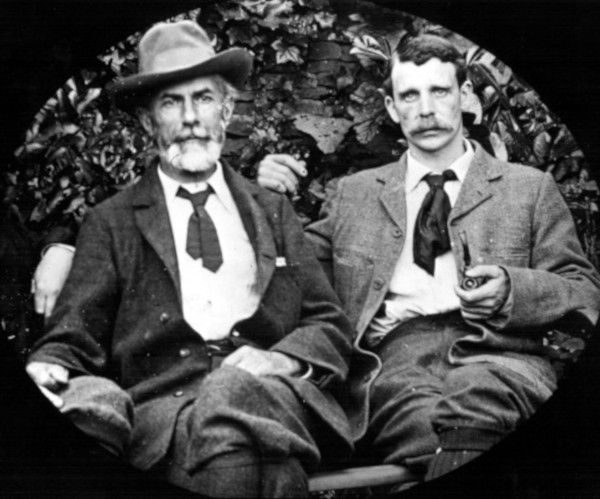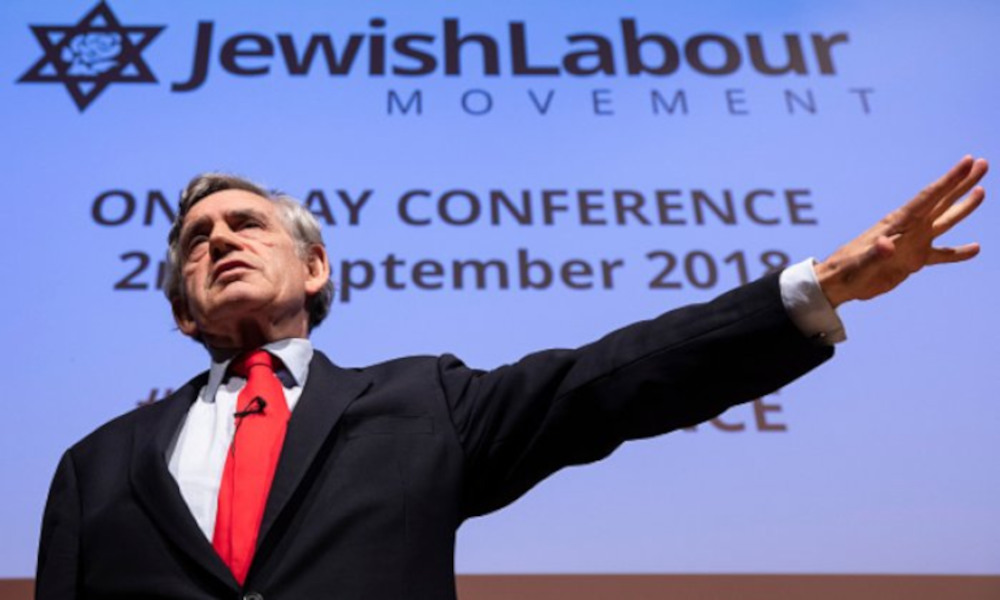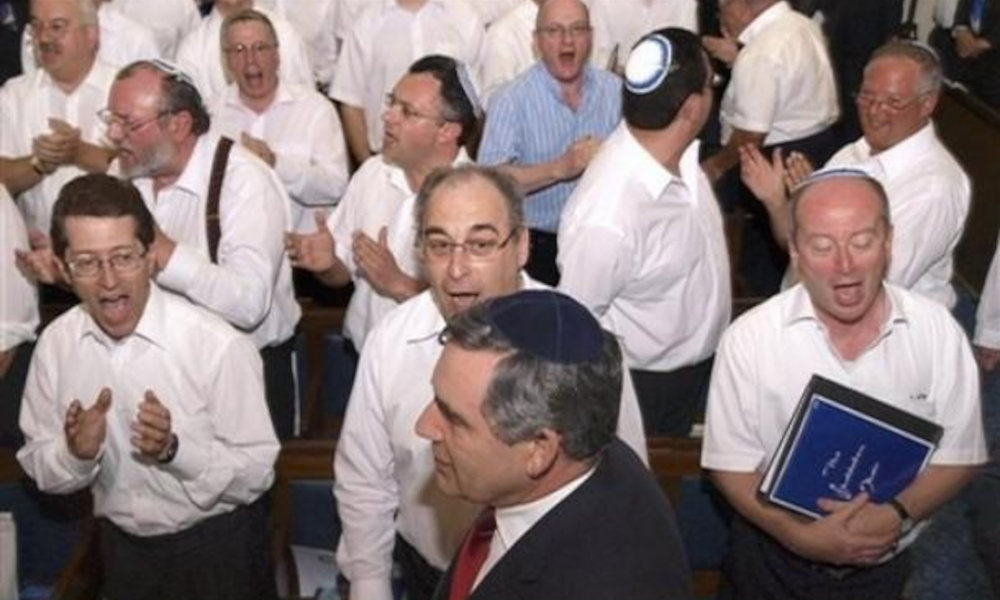
Founders of the Fabian Society are depicted in the famous stained-glass Fabian Window designed by George Bernard Shaw.
Wolves among Sheeple
This is a descriptive list of known members of the Fabian Society. When examining profiles we must consider projection being steered through contradictory participants by collectivised Fabian purpose of sleepwalking the United Kingdom into Communism.
Fabian Society
The Fabian Society originated in Britain as a socialist organisation whose purpose is to advance the principles of democratic socialism in Great Britain via gradualist and reformist effort in democracies, rather than by revolutionary overthrow. The Fabian Society derives its name from the Roman general Quintus Fabius, known as Cunctator from his strategy of delaying his attacks on the invading Carthaginians until the right moment.
“A Buddhist monk before his conversion to Christianity, Fabian Fucan became an Irmão (Portuguese for "brother") in the Society of Jesus (Jesuits: Massimino family*) in 1586. Fabian critiqued Buddhism, Shinto and Confucianism in his Myōtei Dialogues.”.
The logo of the Fabian Society, a tortoise, represented the group’s predilection for a slow, imperceptible transition to socialism. Hence their motto: "When I strike, I strike hard". The original coat of arms, a ‘wolf in sheep’s clothing’, represented its preferred methodology for achieving its goal.
“Beware of false prophets, who come to you in sheep's clothing but inwardly are ravenous wolves”.
In 1900 the Fabian Society joined with the trade unions to found the Labour party and has remained affiliated with it ever since. The society has pursued its role as the new Labour government's "critical friend", seeking to ask challenging questions and to stimulate public debate. In 1923, over twenty Labor Fabians were elected to parliament, with five Fabians in Ramsay MacDonald’s cabinet.
The future prime minister and Fabian, Clement Attlee received his first ministerial post at this time. By 1945 many of the pioneering reforms of the Labor government had been first developed in Fabian essays or pamphlets. Since the 1997 general election, there have been around 200 Fabian MPs in the Commons, amongst whom number nearly the entire cabinet.
Fabians Fabel
This list is far from complete, Fabians number across the globe in their thousands. Fabian Societies subversive turncoat influences exist solely to co-opt representative democratic commonwealth regimes into unsustainable aspects of Socialism, goofed unrecognisable as a series of economic blunders propped up as an LSE house of cards. As you will see by viewing the profiles of the more infamous members revealed in the list below; they seek to manipulate and subvert every cohesive facet of today's dwindling society, manifesting and manipulating disparities to maintain spectral dominance; most notably abusing altercate religious beliefs through theosophical vectors subordinate to Co-freemasonry. Orwell's 1984 was birthed to enable a visionary Fabian Utopia.
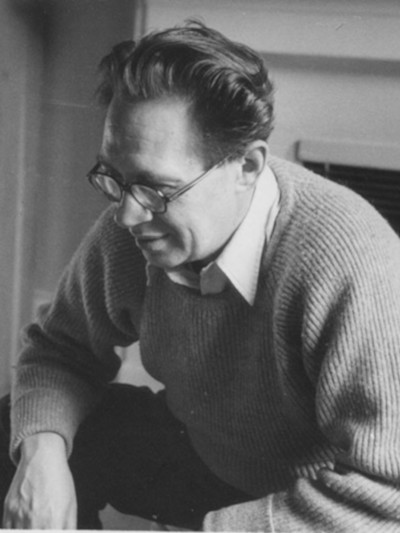
Mark Abrams
Social scientist and market research expert who pioneered new techniques in statistical surveying and opinion polling.
Continue reading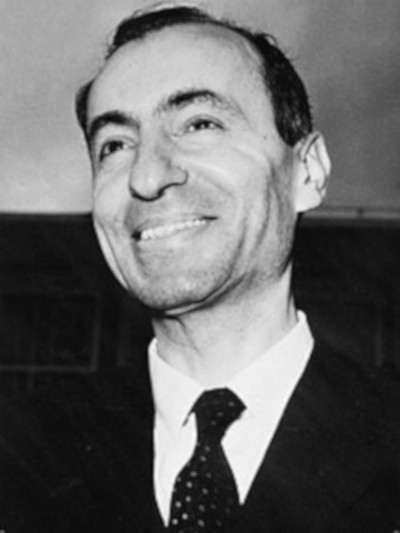
Michel Aflaq
Syrian philosopher, sociologist and Arab nationalist. His ideas played a significant role in the development of Ba'athism.
Continue reading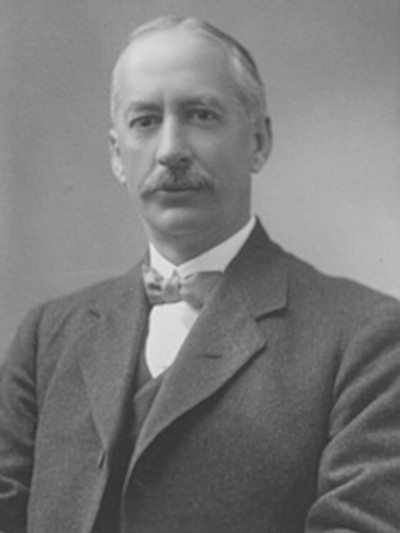
Percy Alden
Serving twice as a Member of Parliament; in 1903 joined The Rainbow Circle, a progressive group of Liberals and Socialists.
Continue reading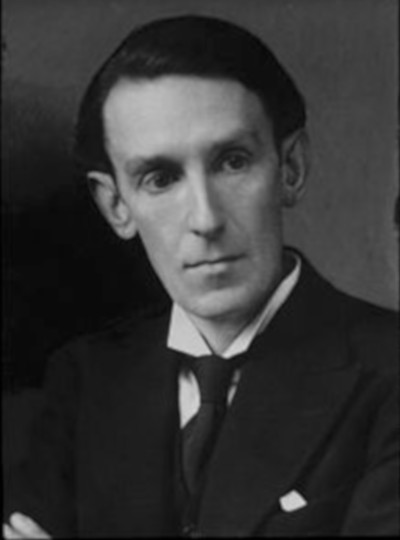
Clifford Allen
British politician, leading member of the Independent Labour Party (ILP), and prominent "No Conscription Fellowship" pacifist.
Continue reading“Thou shalt not bow down thyself to them, nor serve them: for I the LORD thy God am a jealous God, visiting the iniquity of the fathers upon the children unto the third and fourth generation of them that hate me”.

Robert Anderson
Political journalist for more than a decade. Joined Fabian Society in 1888, served on the executive committee for several years.
Continue reading
Ambrose Appelbe
Educated at Trinity Hall, Cambridge. Served on the executive of the Fabian Society. Founding trustee of the Albany Trust.
Continue reading
Dorothy Archibald
British Labour Party politician, a Hitchin magistrate and was also active in the Family Planning Association.
Continue reading
Clement Attlee
British politician who served as Prime Minister of the United Kingdom from 1945 to 1951 and Leader of the Labour Party from 1935 to 1955.
Continue reading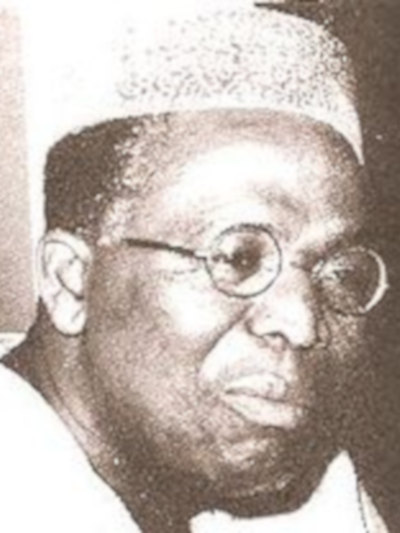
Obafemi Awolowo
Nigerian nationalist and statesman who played a key role in Nigeria's independence movement, the First and Second Republics and the Civil War.
Continue reading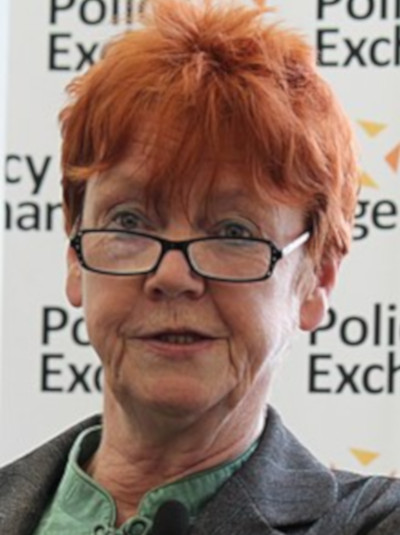
Vera Baird
Politician and barrister. Victims' Commissioner for England and Wales. Baird is an author of books on rape, female murderers, and women's experiences in court.
Continue reading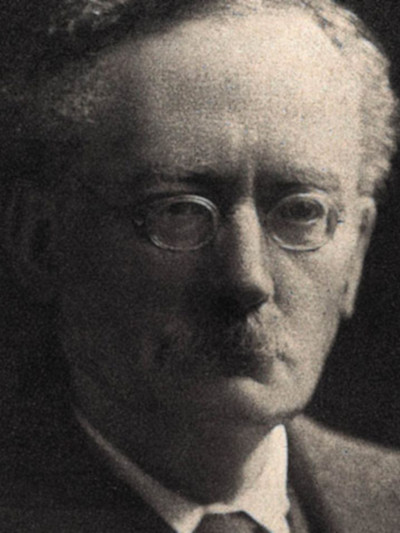
Sidney Ball
Founding member of the Oxford University Fabian Society, treasurer of the Oxford Union, strong supporter of Ruskin College, and served on Hebdomadal Council.
Continue reading
Brian Barker
Journalist in France, Germany (expelled), and Netherlands prior to WW2. Joined Fabian Society serving on executive committee for several years in 1940s.
Continue reading“I am a Communist, but not a member of the Communist Party. Stalin is a first-rate Fabian. I am one of the founders of Fabianism, and as such very friendly to Russia”.

Noah Barou
Ukrainian trade unionist and political activist. Founder of the World Jewish Congress in 1936. During World War I, he was prominent in the Jewish War Relief Organisation.
Continue reading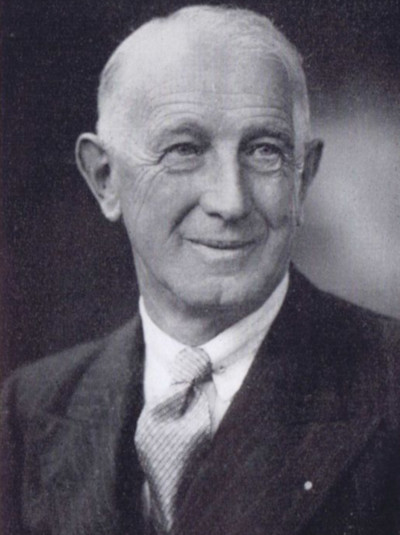
Wenman Bassett-Lowke
Founder of the Rotary Club. Lowke professed to Fabian socialist politics, serving on the executive of the Fabian Society from 1922 until 1924.
Continue reading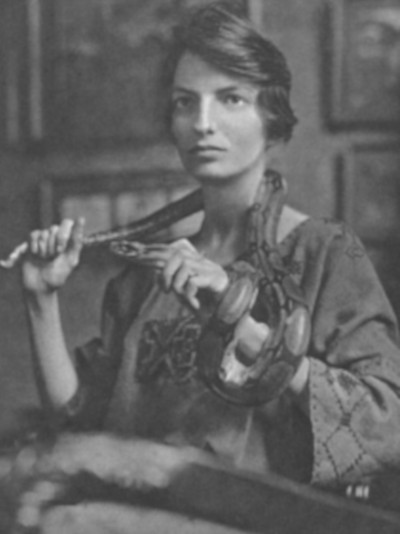
Joan Beauchamp
Prominent anti-World War I campaigner, suffragette and co-founder of the Communist Party of Great Britain. Denied Ukrainian Fammine existed (Holodomor denier).
Continue reading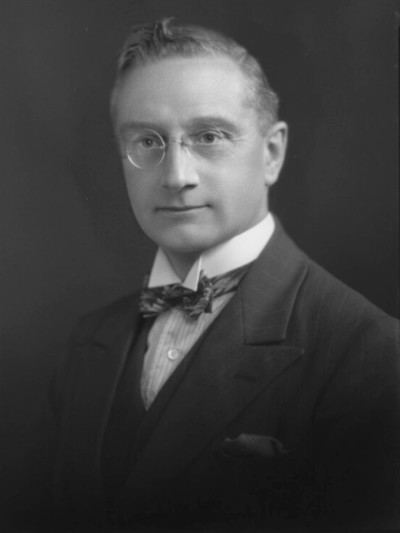
Hubert Beaumont
Co-operative official and politician who became a Labour Party Member of Parliament (MP) and served as Deputy Speaker of the House of Commons.
Continue reading“Socialism is the philosophy of failure, and the gospel of envy, its inherent virtue is the equal sharing of misery”.

John Bellerby
From 1921, Bellerby worked for the International Labour Office in Geneva, in which role he served as secretary of the International Unemployment Conference in 1924.
Continue reading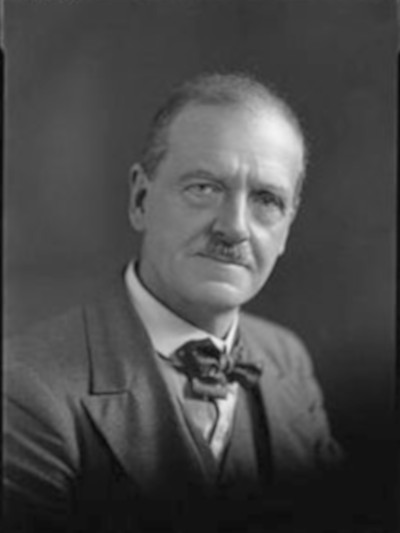
William Bennett
British Labour Party politician who served as the Member of Parliament (MP) for Battersea South in London from 1929 to 1931.
Continue reading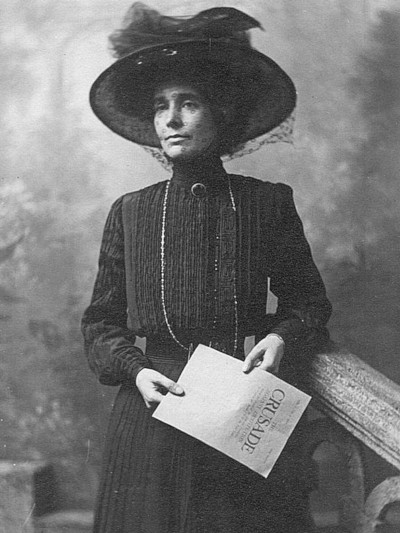
Ruth Cavendish Bentinck
Moroccan-born British aristocrat, suffragist and socialist. In 1909, she joined the Women's Social and Political Union.
Continue reading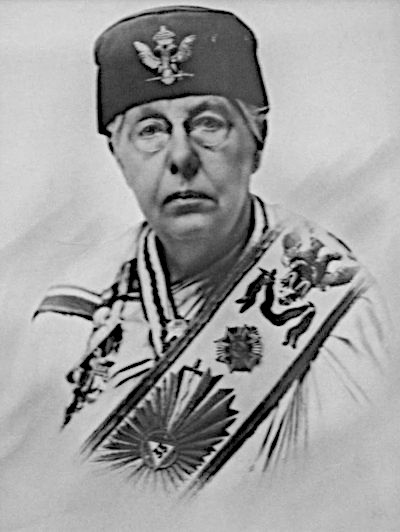
Annie Besant
British socialist, Theosophist, women's rights activist, writer, orator, educationist, founder of Co-Freemasonry and President of the Indian National Congress.
Continue reading“the trouble with socialism is that you eventually run out of other people's money”.
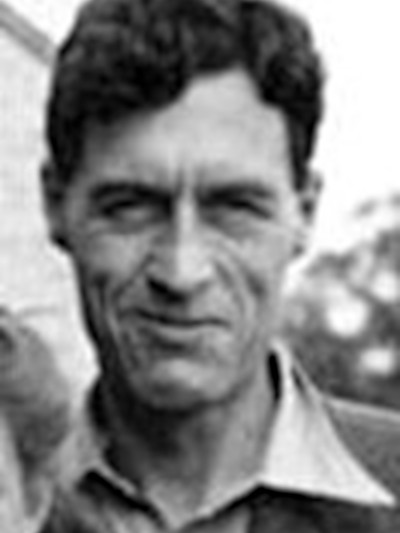
Patrick Blackett
British experimental physicist known for his work on cloud chambers, cosmic rays, and paleomagnetism, winning the Nobel Prize for Physics in 1948.
Continue reading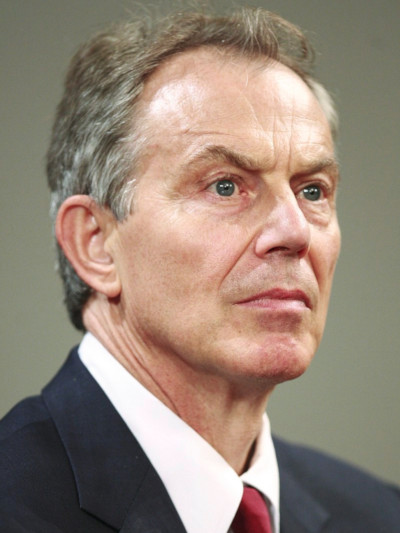
Tony Blair
British politician who served as Prime Minister of the United Kingdom from 1997 to 2007 and Leader of the Labour Party from 1994 to 2007.
Continue reading
G. R. Blanco White
English judge, Recorder of Croydon from 1940–56, and a member of the Special Divorce Commission, from 1948–1957. Married Amber Reeves, feminist writer and campaigner.
Continue reading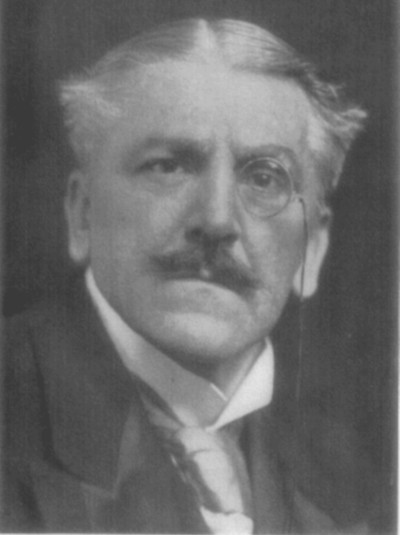
Hubert Bland
English author and husband of Edith Nesbit. Known infamous libertine, journalist, an early English socialist, and one of the founders of the Fabian Society.
Continue reading“Blind belief in authority is the greatest enemy of truth.”.
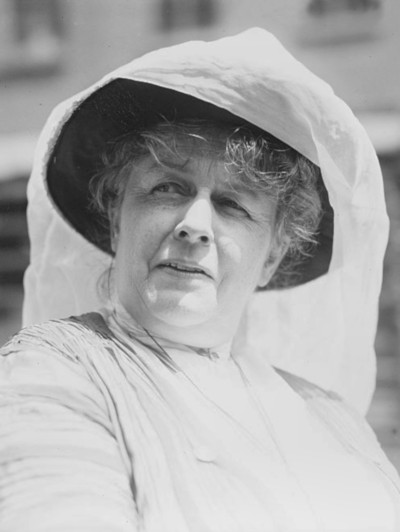
Harriot Stanton Blatch
American writer, suffragist, and the daughter of pioneering women's rights activist Elizabeth Cady Stanton. Blatch worked on behalf of the League of Nations.
Continue reading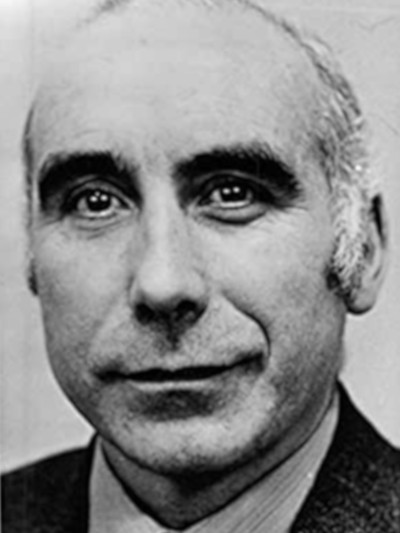
David Bleakley
Politician and peace campaigner in Northern Ireland. At Stormont, he was made the Chairman of the Public Accounts Committee. Studied economics at Ruskin College in Oxford.
Continue reading
George Pearce Blizard
British politician active in the Fabian Society. He was also active in the Fabian Research Group, and revised the society's "Facts for Socialists" tract.
Continue reading
Molly Bolton
Joined the Fabian Society in 1916, and became private secretary to Beatrice and Sydney Webb. She then became secretary of the Fabian Local Government and Research Bureau.
Continue reading“A body of men holding themselves accountable to nobody ought not to be trusted by anybody”.
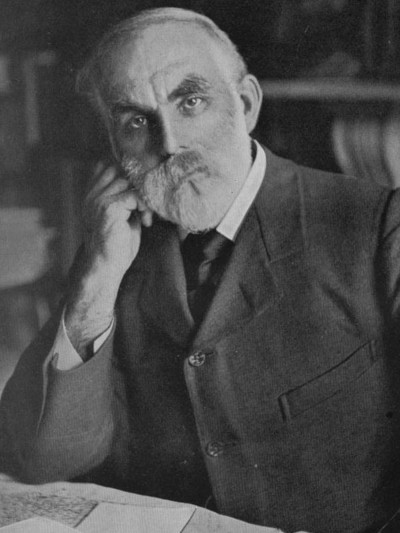
John Burns
English trade unionist and politician, particularly associated with London politics and Battersea. He was a socialist and then a Liberal Member of Parliament and Minister.
Continue reading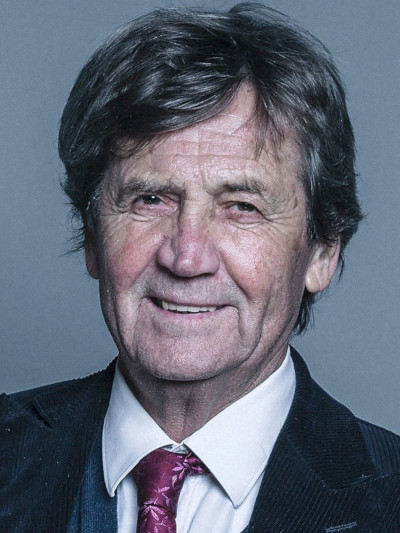
Melvyn Bragg
English broadcaster, author and parliamentarian. Chairman Border Television 1990-96 (deputy chairman 1985-90), Governor London School of Economics, President of the charity MIND.
Continue reading
Reginald Bray
British politician co-opted to the London School Board, but served only until the following year, when it was abolished. Joined the Fabian Society in 1903, and served on its executive committee.
Continue reading
Emma Brooke
British novelist and a campaigner for the rights of women. Educated at Newnham College and the London School of Economics. Her most well known book at the time was the Superfluous Woman.
Continue reading“Never attempt to win by force what can be won by deception”.
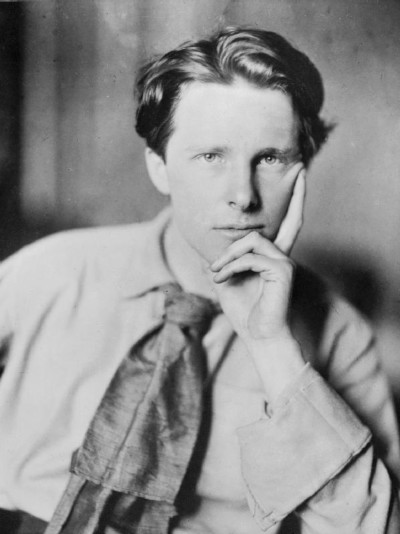
Rupert Brooke
English poet known for his idealistic war sonnets written during WW1, especially The Soldier. Member of the Cambridge Apostles and elected as President of the university Fabian Society.
Continue reading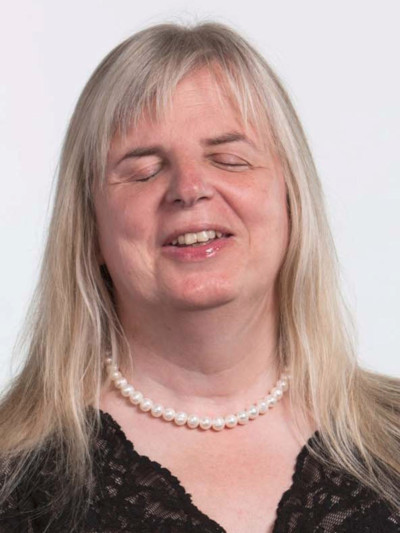
Emily Brothers
British Labour politician who stood in the Sutton and Cheam constituency in the 2015 General Election. She is the first openly transgender Labour Party candidate to run for Westminster.
Continue reading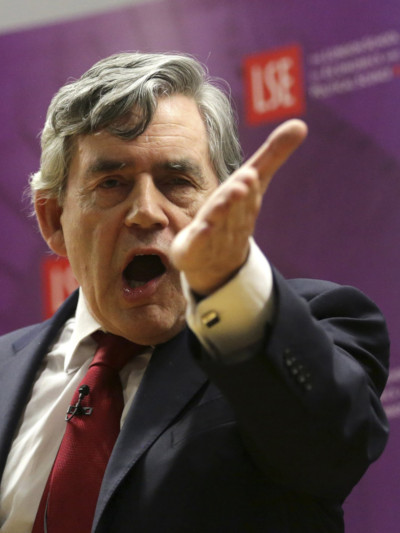
Gordon Brown
British politician who was Prime Minister of the United Kingdom and Leader of the Labour Party from 2007 to 2010. Unpaid advisory role at the World Economic Forum.
Continue reading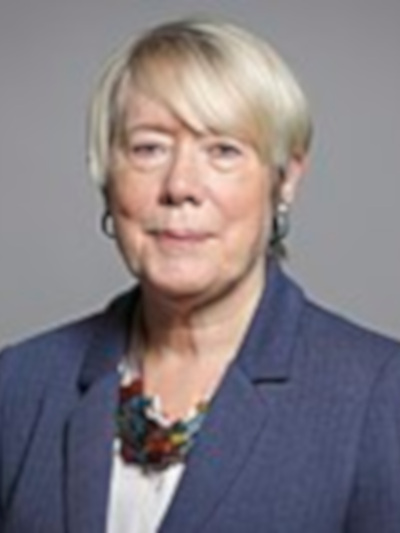
Pauline Bryan
Scottish writer and socialist campaigner. Bryan is a founding member of the Keir Hardie Society, and also a founding member of the Campaign for Socialism.
Continue reading“Democracy is a pathetic belief in the collective wisdom of individual ignorance.”.
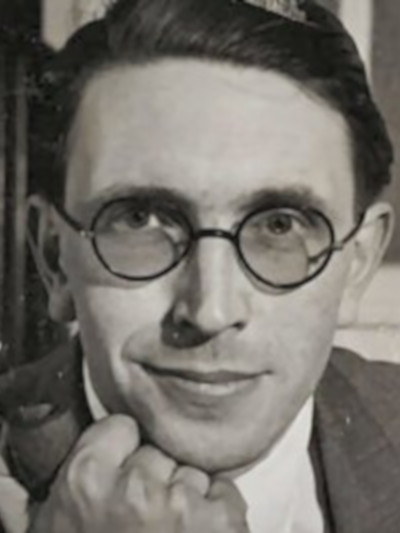
Peter Ritchie Calder
Scottish socialist author, journalist and academic. United Nations President of the National Peace Council and the Campaign for Nuclear Disarmament. Signed the Humanist Manifesto.
Continue reading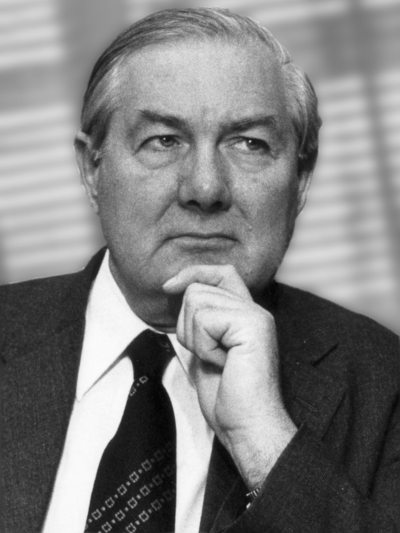
James Callaghan
British politician who served as Prime Minister of the United Kingdom from 1976 to 1979 and Leader of the Labour Party from 1976 to 1980. Co-founded the annual AEI World Forum.
Continue reading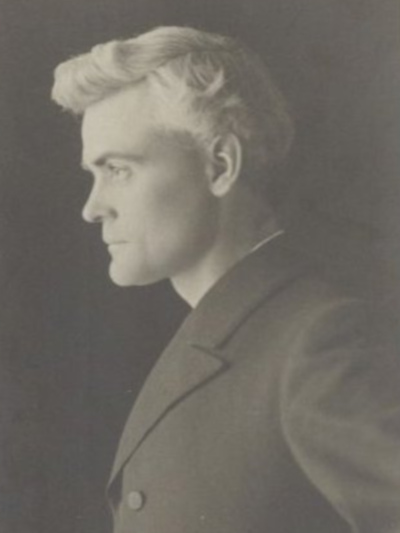
Reginald John Campbell
British Congregationalist and Anglican, minister at the City Temple and a leading exponent of 'The New Theology' movement of 1907. Senior cleric in the Church of England.
Continue reading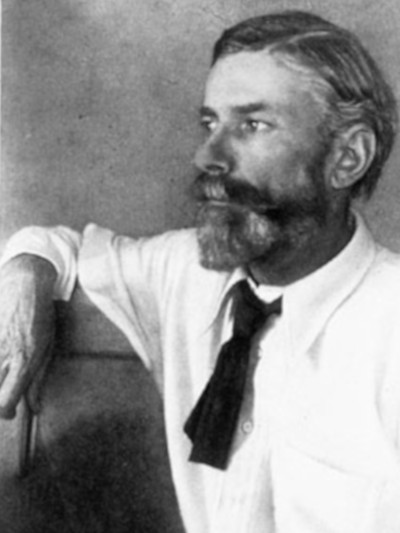
Edward Carpenter
English Utopian socialist and early activist for gay rights. Member of Social Democratic Federation then left the SDF with William Morris to join the Socialist League.
Continue reading
John Cartwright
Labour and then Social Democratic Party Member of Parliament, President of SDP from 1987 to 1990, close political ally of David Owen, Deputy Chairman of the Police Complaints Authority.
Continue reading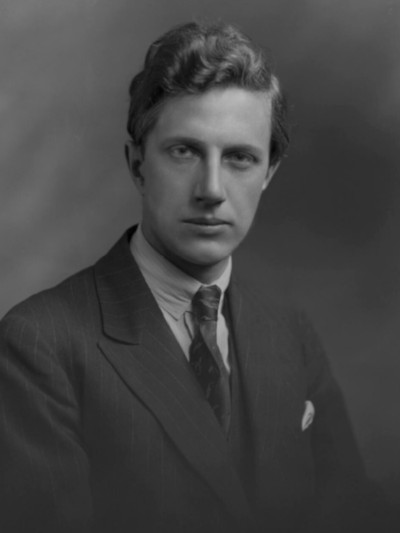
George Catlin
English political scientist and philosopher. A strong proponent of Anglo-American co-operation. Preached use of a natural science model for political science. Personal staff: Sir Oswald Mosley 1928 & 1931.
Continue reading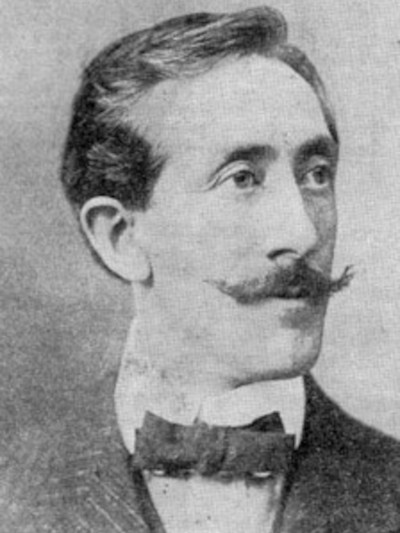
Henry Hyde Champion
Socialist journalist and activist, regarded as one of the leaders behind the formation of the Independent Labour Party. Assistant secretary of the Social Democratic Federation (SDF).
Continue reading
Charles Charrington
British actor and barrister. Joined the Fabian Society in 1895, and served on its executive committee from 1899 until 1904. Stood for the Progressive Party in the 1898.
Continue reading“If at age 20 you are not a Communist then you have no heart. If at age 30 you are not a Capitalist then you have no brains”.
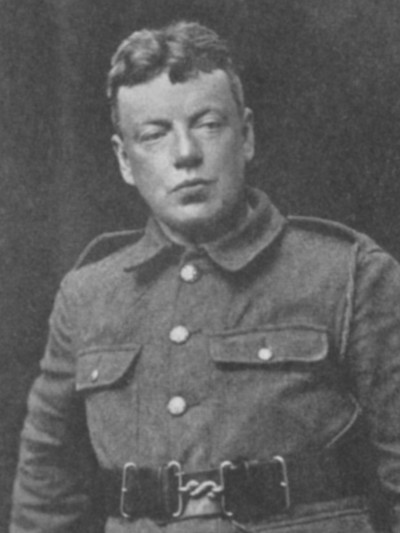
Cecil Chesterton
English journalist and political commentator, known particularly for his role as editor of The New Witness from 1912 to 1916. In 1901 joined the Fabian Society until 1907.
Continue reading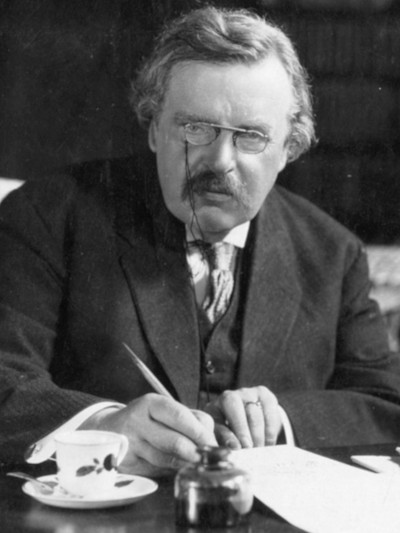
G. K. Chesterton
English writer, philosopher, lay theologian, and literary and art critic. Engaged in friendly public disputes with George Bernard Shaw, H. G. Wells, Bertrand Russell and Clarence Darrow.
Continue reading
William Clarke
British socialist activist, prominent in the Fabian Society. Joined the Fabian Society in 1886, served on executive committee from 1888 until 1891, and as one of the society's first trustees.
Continue reading
Harold Clay
British trade union leader, active in the Social Democratic Federation, then its successor, the British Socialist Party. Founded the Leeds Tenants Defence League 1914. Prominent in the United Vehicle Workers union.
Continue reading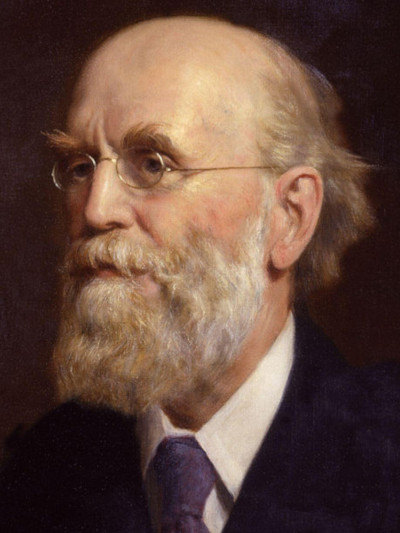
John Clifford
British Nonconformist minister and politician, who became famous as the advocate of passive resistance to the Education Act of 1902. Prominent campaigner against the Boer War and was president of the Stop the War Committee.
Continue reading
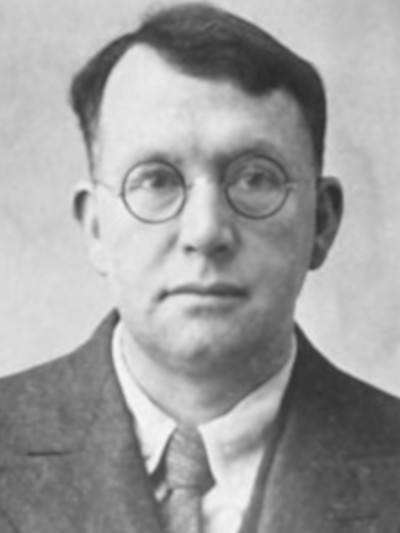
Dudley Collard
British barrister and writer on law in the Soviet Union. Collard was a member of the Anglo-Soviet Law Association, and represented the Communist Party of Great Britain as a lawyer.
Continue reading
Anne Corner
British political activist and writer. Joined the Fabian Society in 1914, and was chair of the Fabian Women's Group in 1922. Executive of the Fabian Nursery Committee / Fabian Society from 1923.
Continue reading“the unique character of political activity lies, quite literally, in its publicity”.
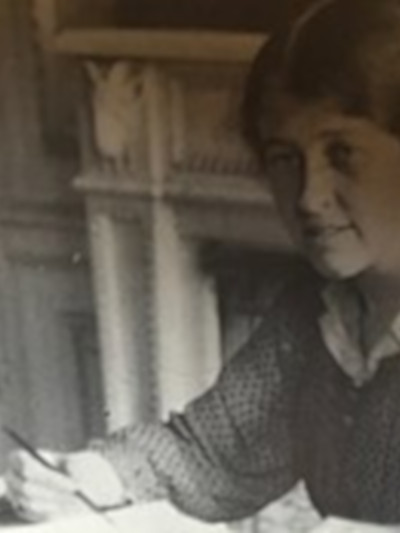
Katherine Laird Cox
Second treasurer of the Cambridge Fabian Society 1905, Member of the steering committee of the Fabians and President (1909–1910) and member of the Cambridge Apostles.
Continue reading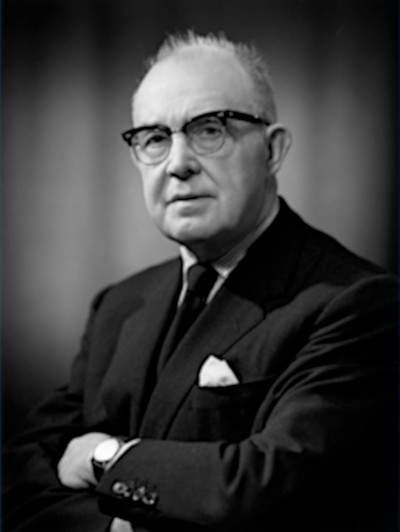
Arthur Creech Jones
British trade union official and politician. Served in Colonial Office in the Labour government of 1945–1950. Presided conference at Lancaster House for the African colonies 1948.
Continue reading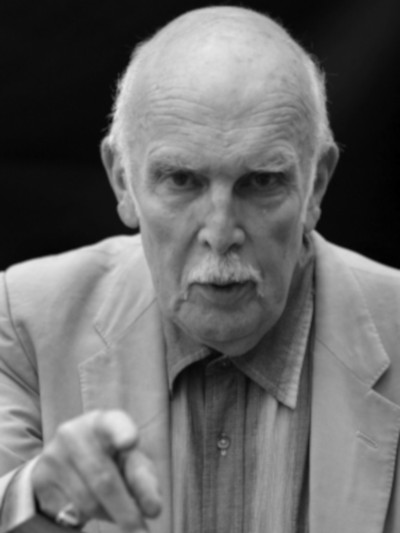
Bernard Crick
British political theorist and democratic socialist, critic of behaviouralism. Sponsored LSE's "Society Against Racial Discrimination" (1963). Vice-President of the British Humanist Association.
Continue reading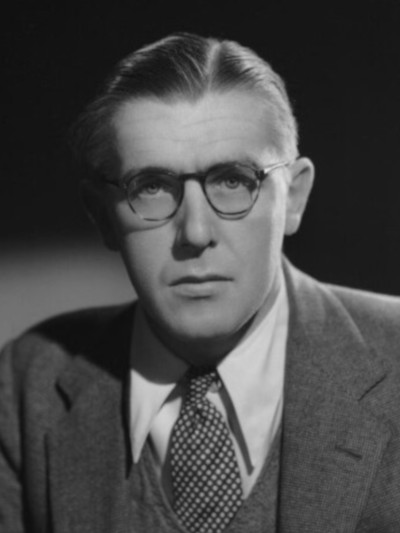
Richard Crossman
British Labour Party politician and a significant figure among party's advocates of Zionism. Cabinet minister for Harold Wilson 1964–1970. President of Council and Leader of House of Commons 1966.
Continue reading